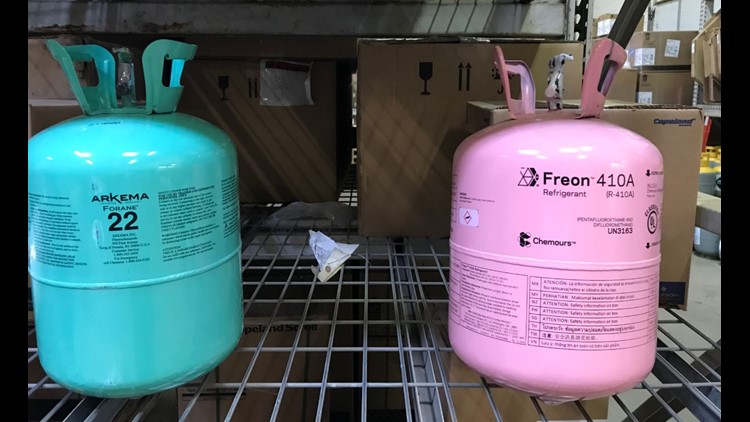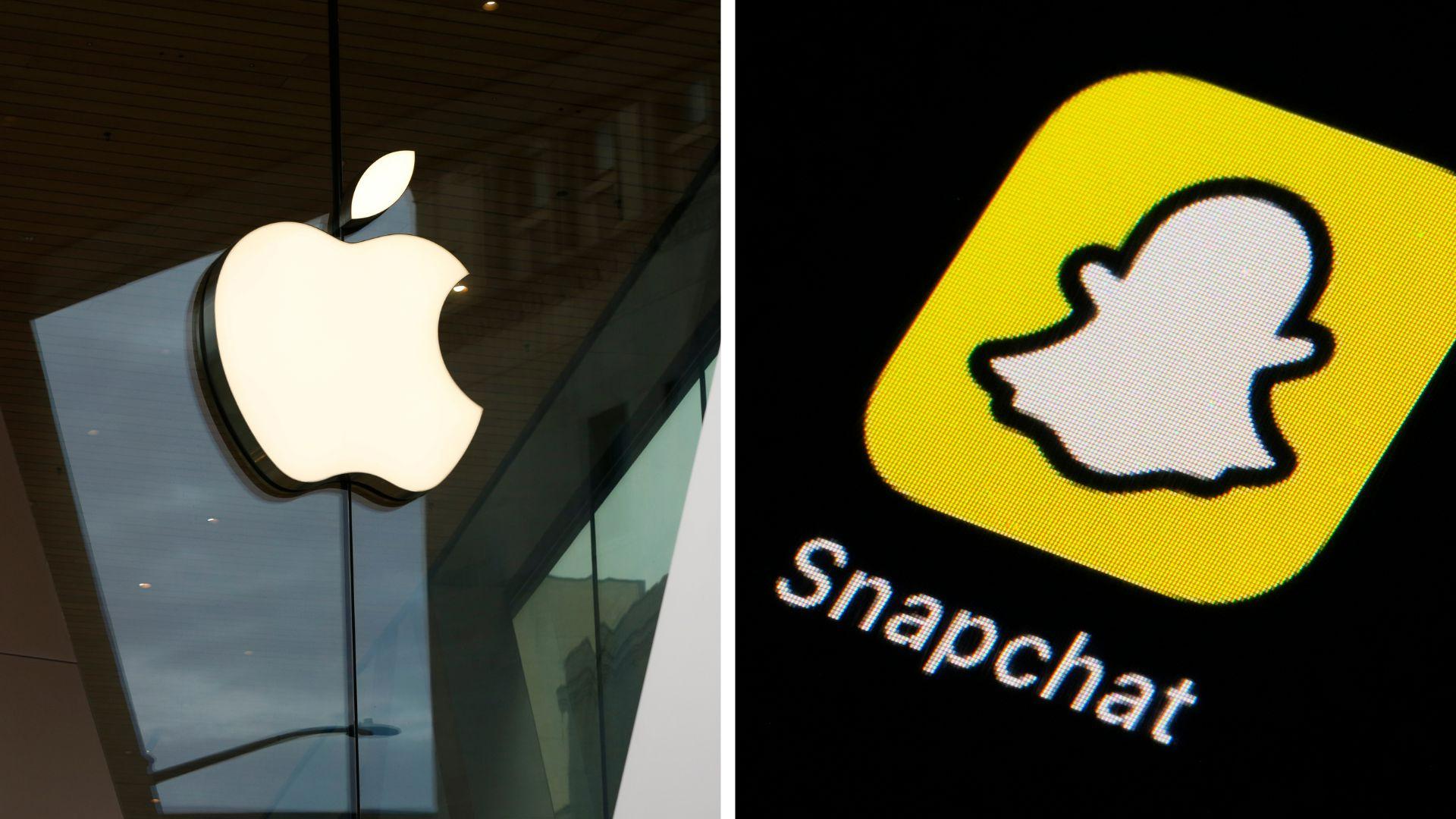Customers who have older air conditioning units — usually 10-years old or older — will likely be paying a lot more attention to the coolant that runs through their air conditioning units.
That's because starting January 1, 2020 Freon, also known as R-22, will no longer be produced, accoriding to the Environmental Protection Agency,
Production of hydrochlorofluorocarbons (HCFC) refrigerants, such as R-22, is being phased out starting in 2020 in the United States, and will no longer be produced.
However, HCFC refrigerants already produced or reclaimed will be available on the market, albeit with potential price instability.
It's being replaced by a more environmentally friendly refrigerant called 410A.
The HCFC phase-out has been brought about in compliance with the international treaty, the Montreal Protocol on Substances that Deplete the Ozone Layer, and subsequent action to reduce reliance on refrigerants that contain ozone depleting substances. Finalized in 1987, the Montreal Protocol is an international treaty designed to protect the stratospheric ozone layer by phasing out the production of ozone-depleting substances globally.
Because of the change, homeowners may think they need to buy a new air conditioning unit to meet the new requirements. Experts say that depends.
If your current older A/C unit continues to cool your house, there's no need to make a switch.
"If you have new equipment that uses R-22, that's absolutely fine. If that equipment fails, you're going to need to replace it with something that uses the new refrigerant," says Tadd Branum, assistant manager at Progress Supply Company, which supplies R-22 to air conditioner repair companies.
Once the supply of R-22 runs out, customers with older A/C units will have to make a choice.
The shortage of R-22 come next year shouldn't make you run out to buy a new A/C unit. Experts say as long as it runs — and suppliers have enough of the old Freon there's no reason to waste your money.
"You can use it as long as it out in the market. It's not illegal, it's just going to be phased out," says Carl Sliwinski of Pickerington Heating and Cooling.
New energy-efficient air conditioning units can save you more money in the long term. In fact, many are 14% percent more efficient than standard units.



